Four-day or six-day workweek? Why flexibility goes beyond just numbers

Understanding the specific needs and preferences of employees is crucial in defining flexible work, says Dr Jaclyn Lee, CHRO, Certis.
Cultivating a competitive edge through innovation and flexible work

Leadership’s role in shaping the future of work is vital for success, intertwining organisational and individual wellbeing, says SIG’s Angelina Chua.
Key moments in new hire onboarding that can drive employee retention

Research from Gartner has found that successful onboarding is driven by three key moments in the new hire journey.
Men face greater promotion challenges in FWAs

Men on flexible work schedules face greater promotion challenges than women, with 36% experiencing this issue, compared to 27% of women.
Support financially healthy employees by bridging priorities disconnect

Improving the financial wellbeing of employees can increase productivity and help organisations retain their best talent.
How generative AI is empowering today’s workforce

Generative AI is transforming HR in Asia-Pacific by enhancing productivity and efficiency, and firms like DBS Bank and MAS have invested significantly in it.
MEF urges continued remote work for Covid-positive employees

Datuk Syed Hussain of the Malaysian Employers Federation advocates WFH policies for COVID-19-positive employees to prevent the spread of the virus.
Firms in China face legal action for discriminatory pregnancy testing

Despite efforts to address record-low birth rates, some firms in China are avoiding hiring women of childbearing age due to pregnancy concerns.
Why the decentring of work can help centre employees’ needs

Workplace leaders who cling on to outdated leadership notions are missing an opportunity to drive impactful and lasting cultural change.
What is the ‘right’ number of HR employees?

If your HR staff productivity is not where you want it to be, there are at least five investment areas to focus on, APQC’s Elissa Tucker writes.
Building an inclusive and engaged workforce by putting people first

Maximising opportunities to unlock the full potential of every employee is one of HR’s key roles, says Indosat’s Irsyad Sahroni.
Protecting disabled people and their rights to work in the Philippines

The Department of Social Welfare and Development emphasises their goal of reducing barriers to work for disabled people.
Why Greece’s six-day workweek initiative is unlikely to gain traction

Greece’s new six-day workweek regulation is being driven by local conditions and is unlikely to be sustainable over the long term.
Upskill, engage, thrive: HR toolkit at CHRO Indonesia 2024
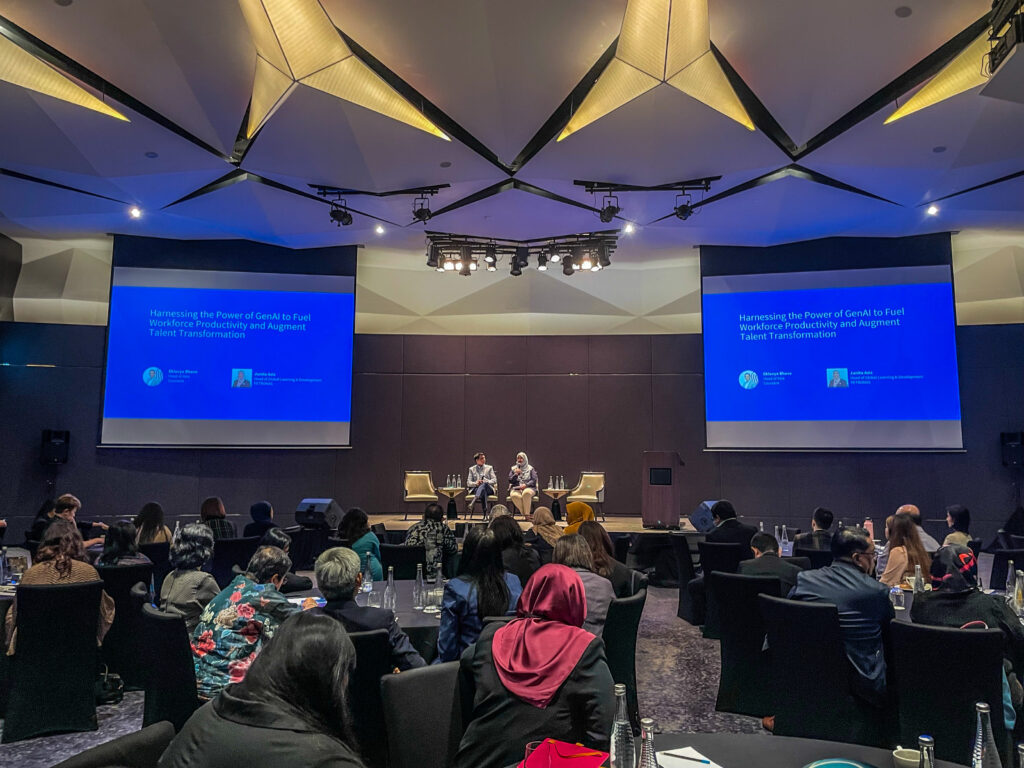
The CHRO Series brings its Indonesia edition to Park Hyatt Jakarta on August 14 to address critical HR challenges and showcase the latest innovations.
Rising numbers of workplace bullying reported in South Korea

Nearly 40,000 cases of workplace bullying have been reported to the Ministry of Employment and Labour in the last five years.
Veremark names Elizabeth Fitzell as Strategic Board Advisor

Elizabeth Fitzell joins Veremark, enhancing the global background screening organisation’s leadership with her extensive industry experience.
HR Tech Fest Awards 2025: Celebrating HR innovation and leadership
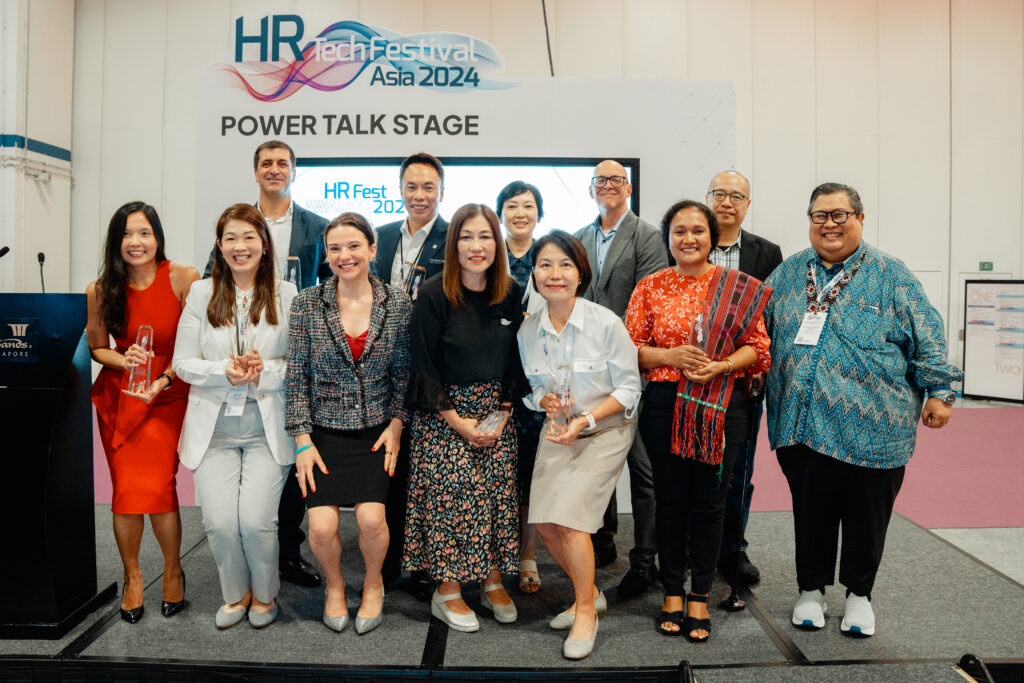
HRM Asia presents HR Tech Fest Awards 2025 to celebrate Asia’s top HR leaders for excellence in innovation, leadership, and sustainability.
Flexible work crucial for working parents in Singapore to thrive

Culture Catalyst’s Scott Harrison highlights the need for flexible work in Singapore to support working parents and address low birth rates.
MEF disputes global index score on work-life balance

More organisations in Malaysia have actually started offering more policies that offer employees better work-life balance.
G-Able partners Workday to elevate employee experience
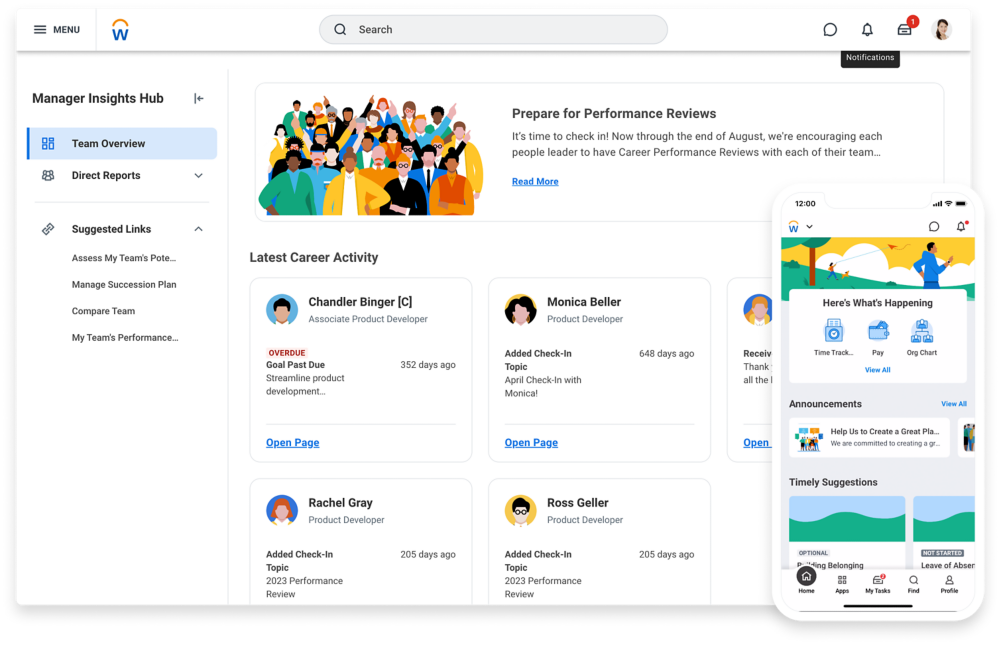
G-Able unifies HR with Workday Human Capital Management (HCM) to streamline operations for global expansion and boost workforce productivity.
LGBTQ+ inclusion in the workplace: Challenges and opportunities

To create a more inclusive workplace for all, organisations need to adopt more respectful and empathic approaches.
This management theory could reshape the return-to-office debate

i4cp’s Kevin Oakes explores the return-to-office controversy through the lens of the classic management theory Management by Objective.
Australia launches new DES Performance Framework

The new Disability Employment Services (DES) Performance Framework and Scorecards aim to enhance employment service effectiveness.
Wage hike in the Philippines will displace up to 140,000 employees
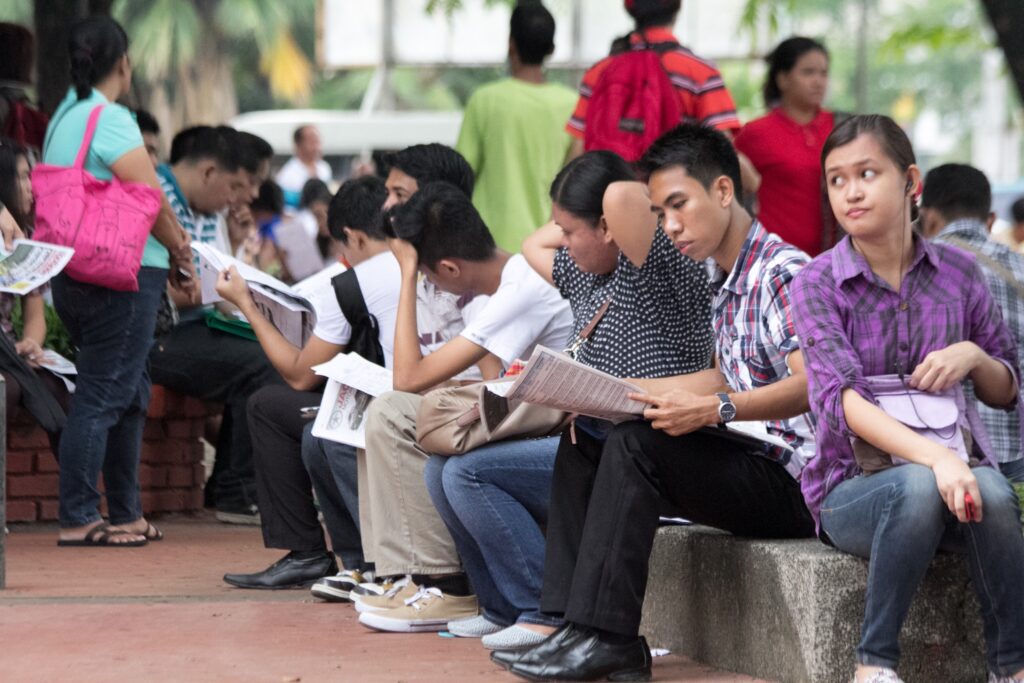
Despite this, they will still be able to find new jobs due to a robust job economy, according to the Socioeconomic Planning Secretary.
Job mobility in Australia falls to pre-pandemic levels

Job mobility rates have declined for the first time in three years, reflecting fewer job changes across industries and roles.
Navigating the future workplace: Embracing FWAs in 2024

As Singapore and other regions embrace FWAs, businesses have a unique opportunity to redefine what the future of work will look like.
The retention equation: What makes employees stay?

Work-life balance and flexible arrangements are some of the top retention drivers today—share what matters most to you in HRM Asia’s poll.
Financial stress affecting job performance, AKPK report reveals

Financial stress affects 26% of employees in Malaysia, with 65% reporting reduced job performance and an impact on employee loyalty.
Japan sees biggest wage hikes in decades

Driven by labour shortages and inflation, employees’ pay in Japan is set to rise by an average of 5.1% this year.
Art, science and effective hybrid workplaces
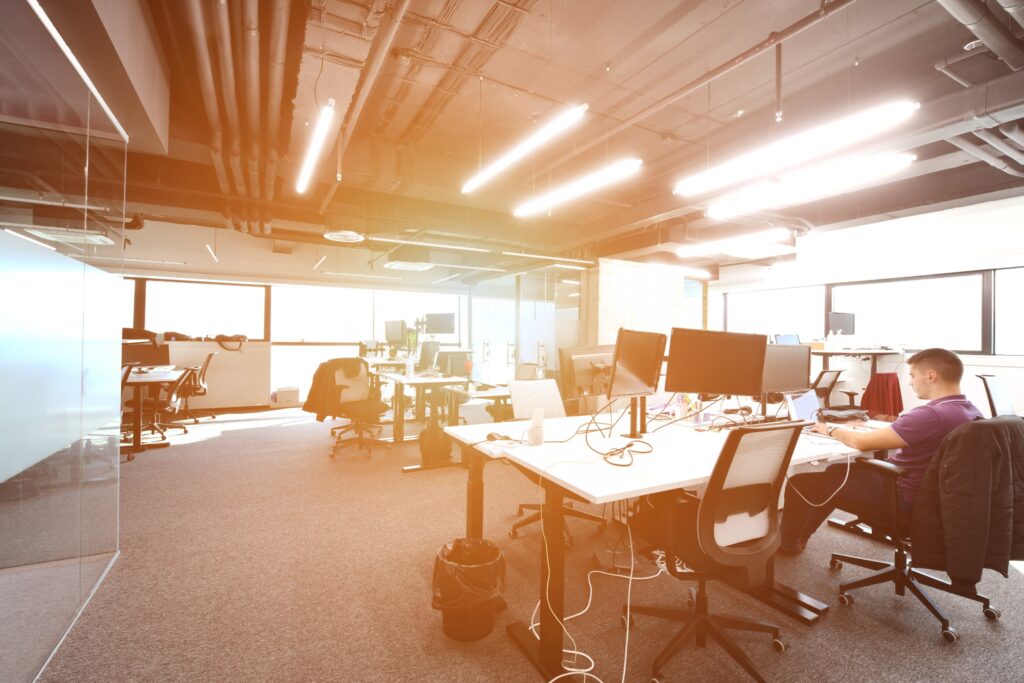
Organisations should not underestimate the importance of office design in keeping employees engaged and productive, says JLL’s Susheel Koul.

